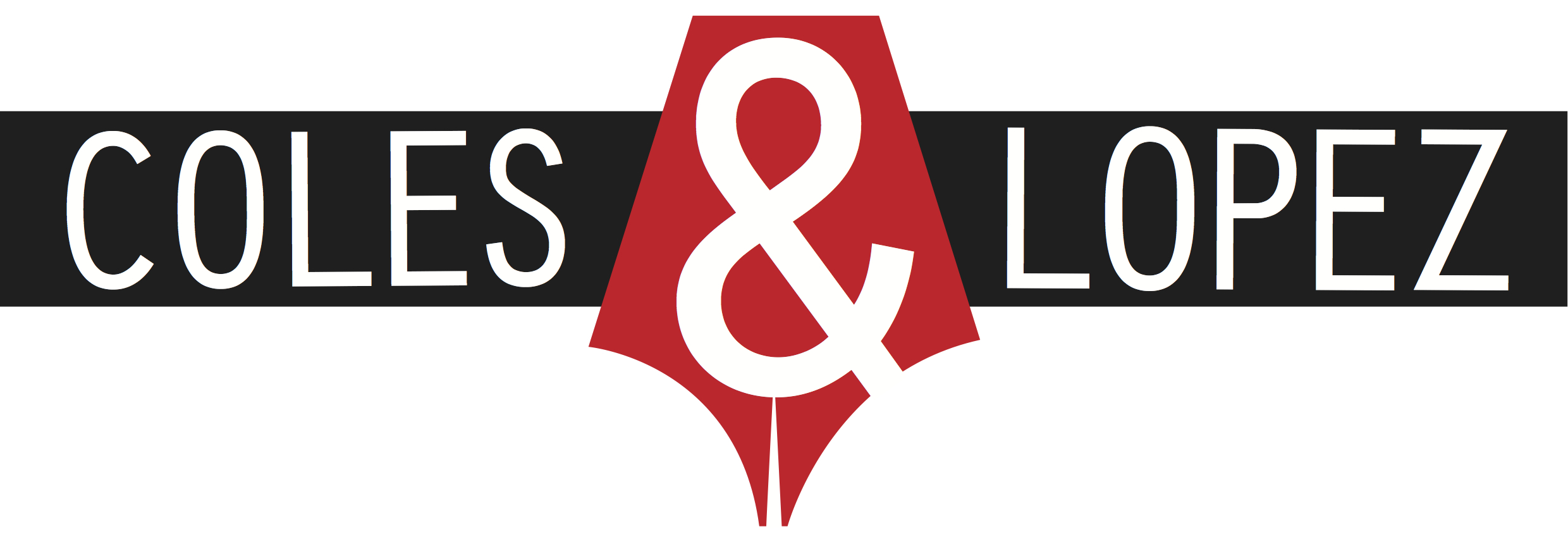The long and short of it
If you’re reading this blog, you’re probably a rule-oriented person who takes preventive measures to avoid making grammar mistakes. Then again, you might be a rule-orientated person who takes preventative measures to avoid making grammar mistakes. Which is it?
Here’s the short answer: you can’t go wrong with oriented and preventive. No one will scold you, and you’ll save the energy it takes to type two extra letters or say one extra syllable.
Don’t worry, though – if you’ve been saying orientated and preventative your whole life, you’re not in trouble. Let’s look at them one at a time.
Orient(at)ed
Until the mid-1800s, only the shorter verb forms existed: orient, orienting, oriented. The longer forms – orientate, orientating, orientated – came about through a process called back formation, whereby a new word is created by dropping the suffix from an existing word. Basically, people looked at the noun orientation and assumed the verb form was orientate. (This was quite logical, considering how many noun-verb pairs do follow that pattern: location and locate, litigation and litigate, implication and implicate, etc.)
These days, orientate, orientating and orientated are common enough that every dictionary accepts them as variants, although the shorter versions are still more prevalent. Some people do take issue with words like rule-orientated, just because the extra syllable is unnecessary and sounds a bit clunky if you’re used to the shorter form.
Prevent(at)ive
Like orientated, preventative appears in the dictionary as an acceptable alternative. However, every style guide I can find prefers preventive, and some are downright rude about preventative (Garner’s Modern American Usage calls it “unfortunate and unnecessary”).
Preventive is the older form, and it’s still used far more often than preventative. But preventative is pretty damn old itself – it first appeared in the mid-1600s – and lots of respected writers (your George Washingtons, your Daniel Defoes) have used it.
G-Dubs spouting some extra syllables.
In a nutshell
Oriented and preventive are your safest bets, but if you’re really wedded to that extra syllable, the dictionary will back you up.

